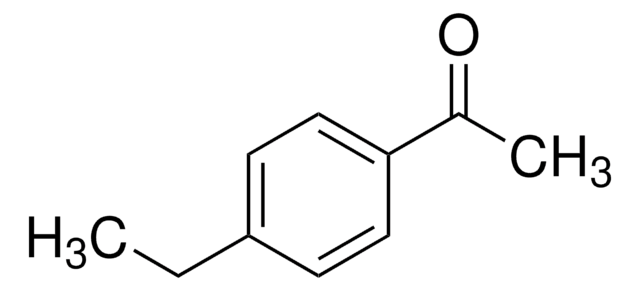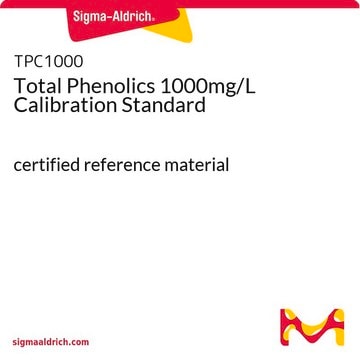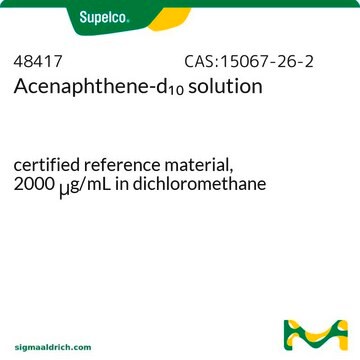878115P
Avanti
C16-04:0 PC
Avanti Research™ - A Croda Brand 878115P, powder
Synonym(s):
1-O-hexadecyl-2-butyryl-sn-glycero-3-phosphocholine
Select a Size
Select a Size
About This Item
Recommended Products
form
powder
packaging
pkg of 1 × 5 mg (878115P-5mg)
manufacturer/tradename
Avanti Research™ - A Croda Brand 878115P
shipped in
dry ice
storage temp.
−20°C
SMILES string
[O-]P(OCC[N+](C)(C)C)(OC[C@]([H])(OC(CCC)=O)COCCCCCCCCCCCCCCCC)=O
General description
Application
Packaging
Legal Information
Storage Class
11 - Combustible Solids
wgk_germany
WGK 3
Choose from one of the most recent versions:
Certificates of Analysis (COA)
It looks like we've run into a problem, but you can still download Certificates of Analysis from our Documents section.
If you need assistance, please contact Customer Support.
Already Own This Product?
Find documentation for the products that you have recently purchased in the Document Library.
Our team of scientists has experience in all areas of research including Life Science, Material Science, Chemical Synthesis, Chromatography, Analytical and many others.
Contact Technical Service







